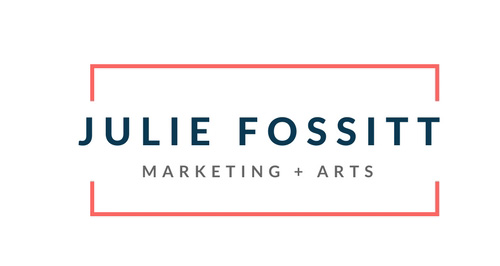Want to read part one first? Check out this post.
After posting my first article about the important of voice, I reached out to Erik Gensler of Capacity Interactive to do a short interview about all things voice, and specifically the success of CI’s arts marketing podcast. It is really the one of the best resources for arts marketers and in an accessible, digestible format.
Erik immediately responded to my request with some great insight, as you will read below. Please ensure to follow Capacity Interactive on their social media channels, and I recommend not only listening to CI to Eye, but also signing up for their email newsletter, so you can find out about upcoming webinars and other resources.
“With any marketing materials we have imagery and words to work with. Sometimes it can be resource restrictive to create a new image but you can always write better, “says Gensler. “A book I go back to often is Don’t Make Me Think by Steve Krug. He writes, particularly when writing for the web you should write what you want to say and then cut it in half and then cut it in half again. Then it is ready to publish. I think that’s great advice.”
Why this matters:
Erik says, “I care deeply about the success of the arts and we are a mission driven company. If people like what they hear on the podcast and trust us and need help with their digital marketing then we’d love to hear from them. But I am not thinking about that when we produce the podcast. I want it to stand on its own as a source of inspiration and information. I think content marketing is most successful when you are authentically giving something away without expecting anything in return. Perhaps you do that enough and it earns you the right to ask for something. But you have to be careful and we haven’t asked anything of podcast listeners except for an iTunes review. ;)”
Many arts organizations don’t have money for professional development, but there are still so many resources online that can be sampled and tested that are free. I think as revenue development continues to be a challenge, arts marketers will substitute conferences and courses for time spent consuming and testing online content. What do you think?
